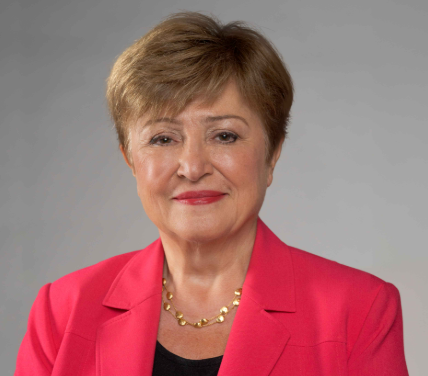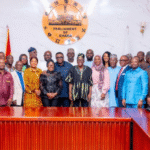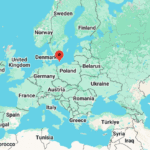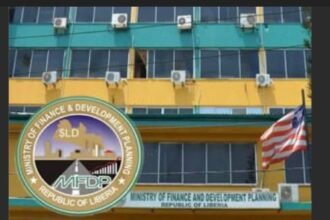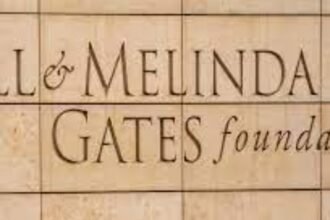By Emily Sims
Washington D.C. – The escalating conflict in the Middle East is poised to further destabilize the global economy, already reeling from the impact of ongoing trade disputes, according to Kristalina Georgieva, Managing Director of the International Monetary Fund (IMF). In a recent interview with Euronews, Georgieva highlighted the compounding effect of these factors, emphasizing the need for countries to bolster their economic resilience.
“Being hit by a trade war has consequences. We have projected a decline in global growth by half a percentage point,” Georgieva stated. “What we witness now is more turbulence in the Middle East, which adds to uncertainty and therefore is bad for business.”
Georgieva’s remarks come as the global economy grapples with the fallout from a period of heightened trade tensions, particularly since Donald Trump’s return to power. A wave of tariffs imposed by the US administration on its trading partners, including Mexico, Canada, China, and the European Union, has disrupted international trade flows. The US has imposed tariffs of 50% on steel and aluminum, 25% on cars, and 10% on all its exports to the EU.
While a temporary truce was declared on April 2nd, negotiations with the EU are currently underway, leaving the future of trade relations uncertain.
Despite these challenges, Georgieva acknowledged the inherent resilience of the global economy. “The global economy has proven to be remarkably resilient to shocks, and that resilience continues,” she said. However, she cautioned that “economic uncertainty is becoming the new normal,” urging countries to undertake domestic reforms to strengthen their economies against future shocks.
“We live in a more shock-prone world, a world of higher uncertainty,” Georgieva emphasized. “For this world, countries need to work hard to be more resilient. Do reforms at home that would make your economies stronger.”
Despite the bleak growth figures and the shadow of instability, Georgieva expressed optimism, pointing to recent positive developments such as the trade agreement between the US and China and the deal brokered with the UK. “We are in a better place,” she noted.
She also highlighted the opportunity for Europe to capitalize on the current climate by diversifying its trading partners and expanding the number of its trade agreements worldwide, a strategy already pursued by the European Commission.
“In Europe, we see an increase in bilateral and plurilateral agreements, which I expect to be a big feature of the future of trade globally,” Georgieva said. She lauded Europe as “a defender of rules-based” global trade exchanges, positioning it as a key player in navigating the evolving global economic landscape.


